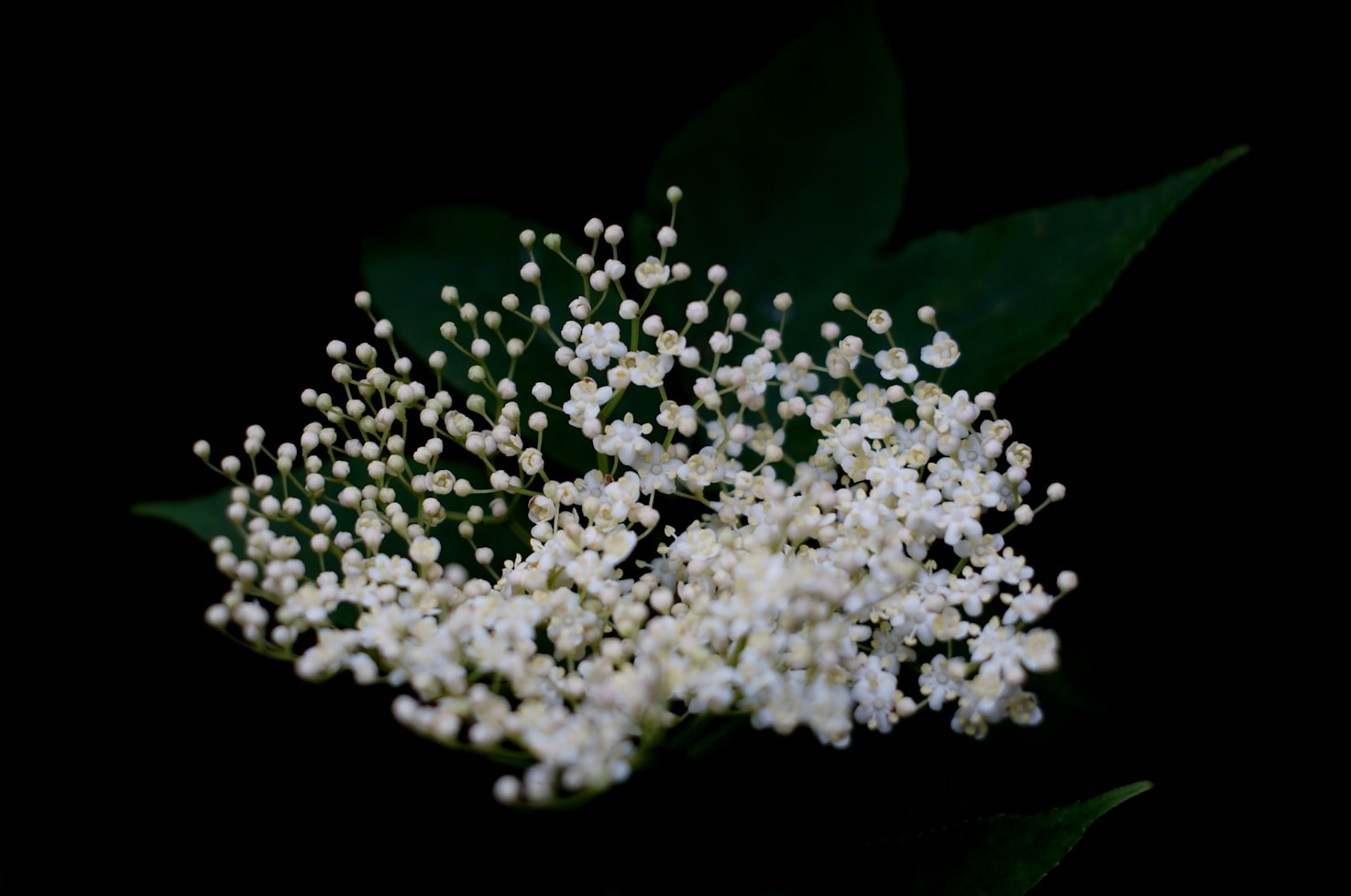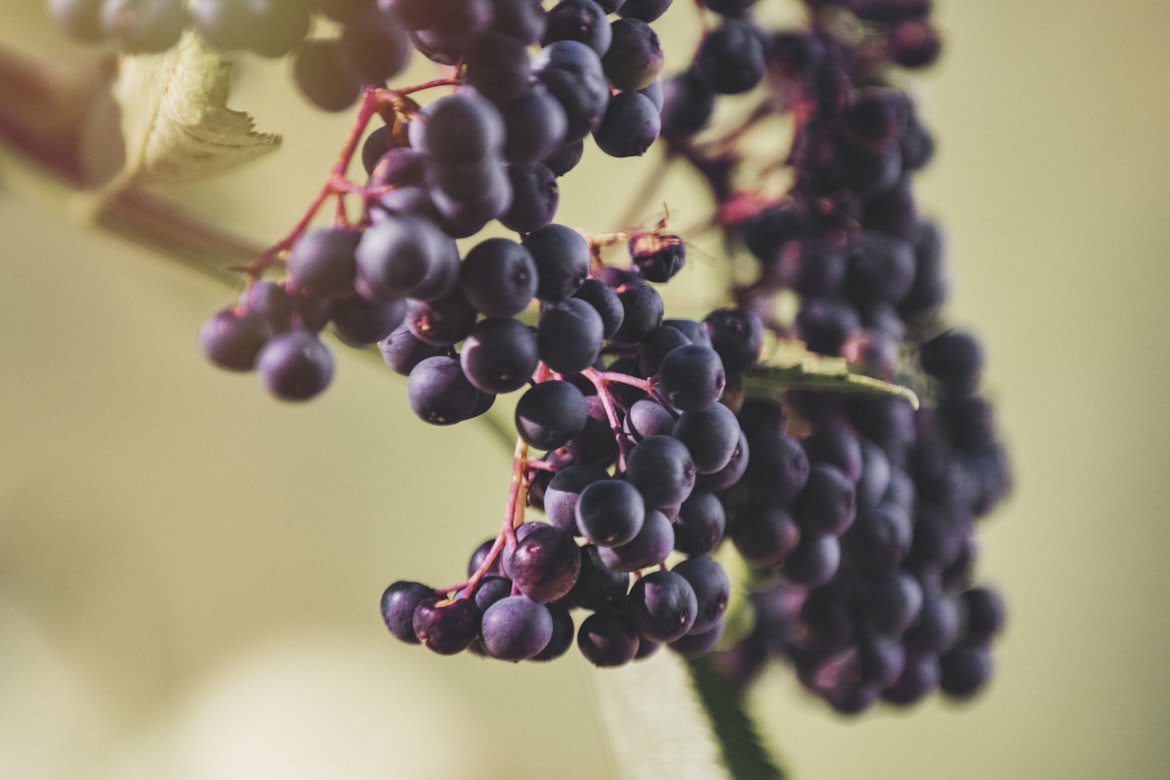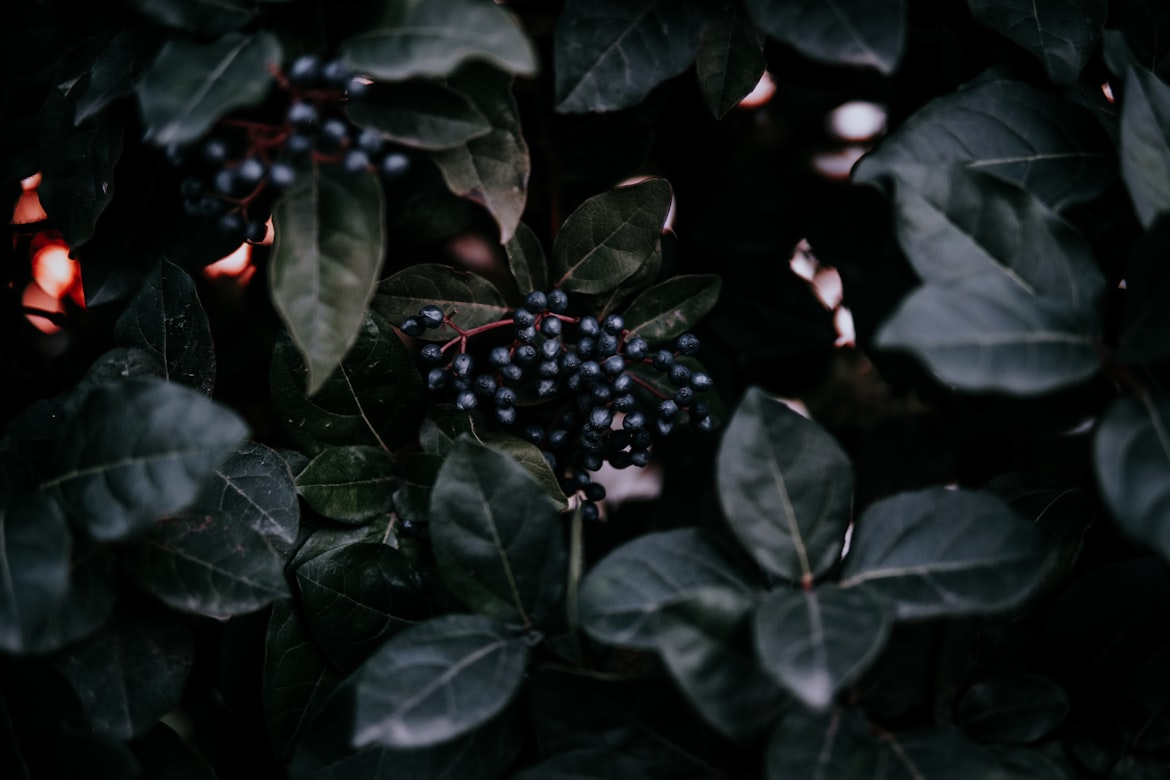The sweet and medicinal world of elderberries

Elderberries are a type of fruit that belongs to the genus Sambucus in the Adoxaceae family. They are native to the temperate regions of the Northern Hemisphere and are widely cultivated in Europe, North America, and other countries.
Elderberries are small, purple, or black berries that have a sweet and slightly tart flavor. They are often used in a variety of dishes, such as jams, jellies, pies, and syrups, and are also used to make elderberry wine and elderflower cordial.
Nutritional Value of Elderberries
- Elderberries are a good source of antioxidants, vitamins, and minerals.
- They are particularly high in vitamin C, vitamin A, and dietary fiber, and are low in calories and fat.
- One cup of elderberries contains about 74 calories, 1 gram of protein, 1 gram of fat, and 18 grams of carbohydrates, as well as 9 grams of fiber and 10 grams of sugar.
- Elderberries are also a good source of iron, potassium, and manganese.
Types of Elderberries
- There are several different species of elderberries, including Sambucus nigra, Sambucus canadensis, and Sambucus Mexicana.
- Sambucus nigra, also known as European elderberry, is the most widely cultivated species and is native to Europe, Asia, and North Africa.
- Sambucus canadensis, also known as American elderberry, is native to North America and is commonly used in traditional medicine.
- Sambucus Mexicana, also known as Mexican elderberry, is native to Mexico and Central America and is used in traditional medicine in those regions.
Growing Elderberries
- Elderberries are relatively easy to grow and can be grown in a variety of climates and soil types.
- They prefer moist, well-draining soil that is rich in organic matter and should be watered consistently to ensure healthy growth.
- Elderberries are usually propagated by softwood cuttings or by root cuttings.
- They can be grown using a variety of methods, including in-ground planting, raised beds, and containers.
- Elderberries are generally resistant to pests and diseases but can be affected by pests such as elderberry aphids and elderberry fruit flies, as well as diseases such as elderberry scabs and elderberry leaf spots.
- To prevent these issues, it is important to use appropriate pest control measures and to practice good crop management techniques, such as rotating crops and removing and destroying infected plants.
Uses for Elderberries
- Elderberries have a wide range of uses, both in the kitchen and in traditional medicine.
- They are often used in a variety of dishes, such as jams, jellies, pies, and syrups, and are also used to make elderberry wine and elderflower cordial.
- Elderberries are also used in traditional medicine and are believed to have a number of health benefits, including the ability to boost the immune system, reduce inflammation, and improve respiratory health.
- Elderberries are also used in a variety of other products, such as health supplements, cosmetics, and industrial products.
Fun Facts About Elderberries
- Elderberries have been used for medicinal purposes for thousands of years, and have a long history of use in traditional medicine.
- The word “elderberry” comes from the Old English term “aeld”, which means “fire”, and “berie”, which means “berry”. This is thought to be due to the fact that elderberries were traditionally used to make torches.
- Elderberries have been used to treat a variety of ailments, including colds, flu, allergies, and inflammation.
- Elderberries contain a compound called sambucin, which is believed to have antiviral properties.
- Elderberry wine is a popular drink in many parts of the world and is made by fermenting elderberries with sugar and water.
- Elderberry syrup is a popular home remedy for colds and flu and is made by simmering elderberries with water and sugar to create a thick, sweet syrup.
- Elderflowers, which are the flowers of the elderberry plant, is also used in a variety of dishes and drinks, such as elderflower cordial, elderflower champagne, and elderflower fritters.
In summary, elderberries are a nutritious and versatile fruit that has a long history of use in both traditional medicine and the kitchen. They are rich in antioxidants, vitamins, and minerals, and have a sweet and slightly tart flavor that makes them a popular choice for a variety of dishes and drinks.
Elderberries can be grown relatively easily, and are generally resistant to pests and diseases. They have a wide range of uses, including in traditional medicine, as well as in health supplements, cosmetics, and industrial products.








